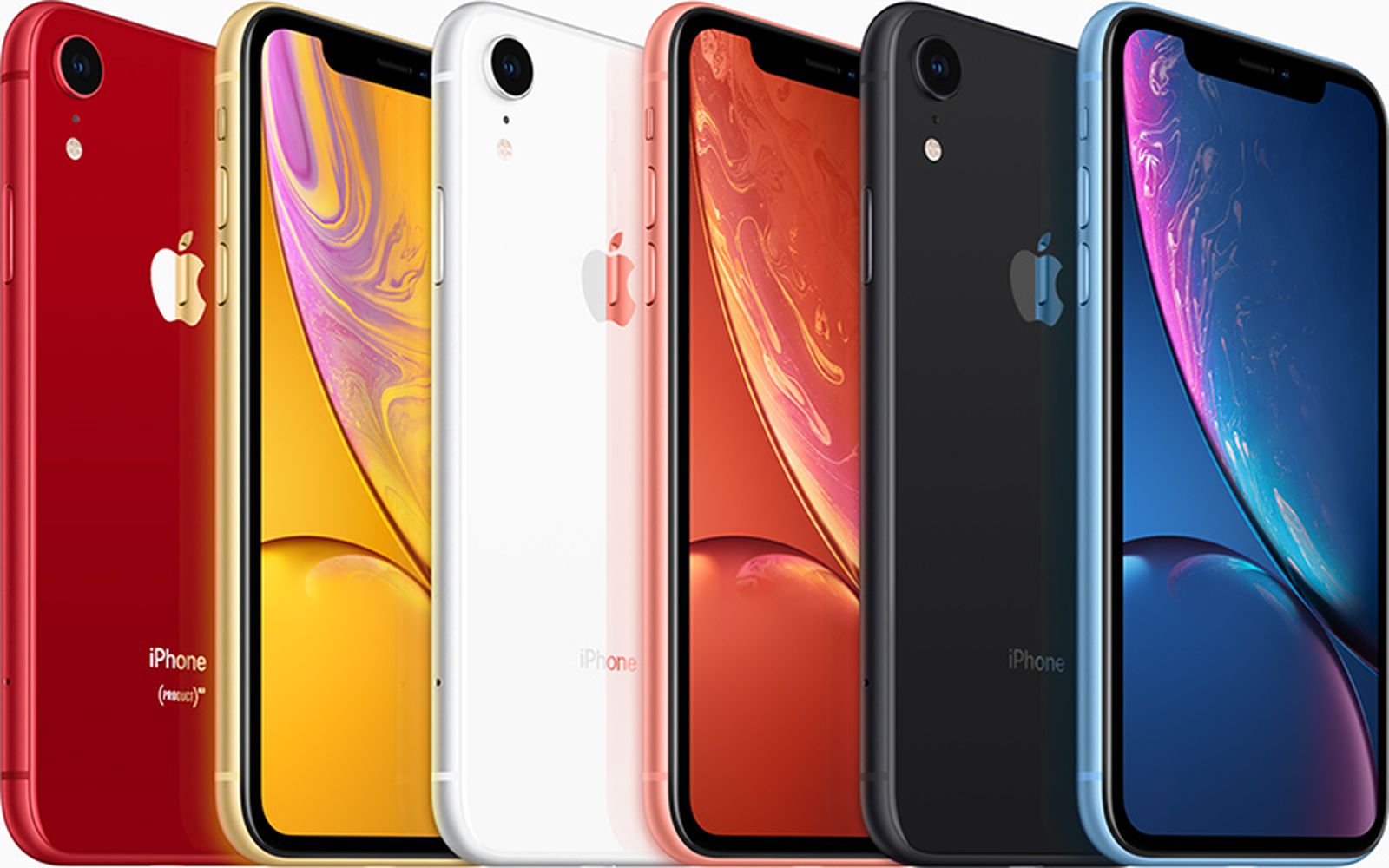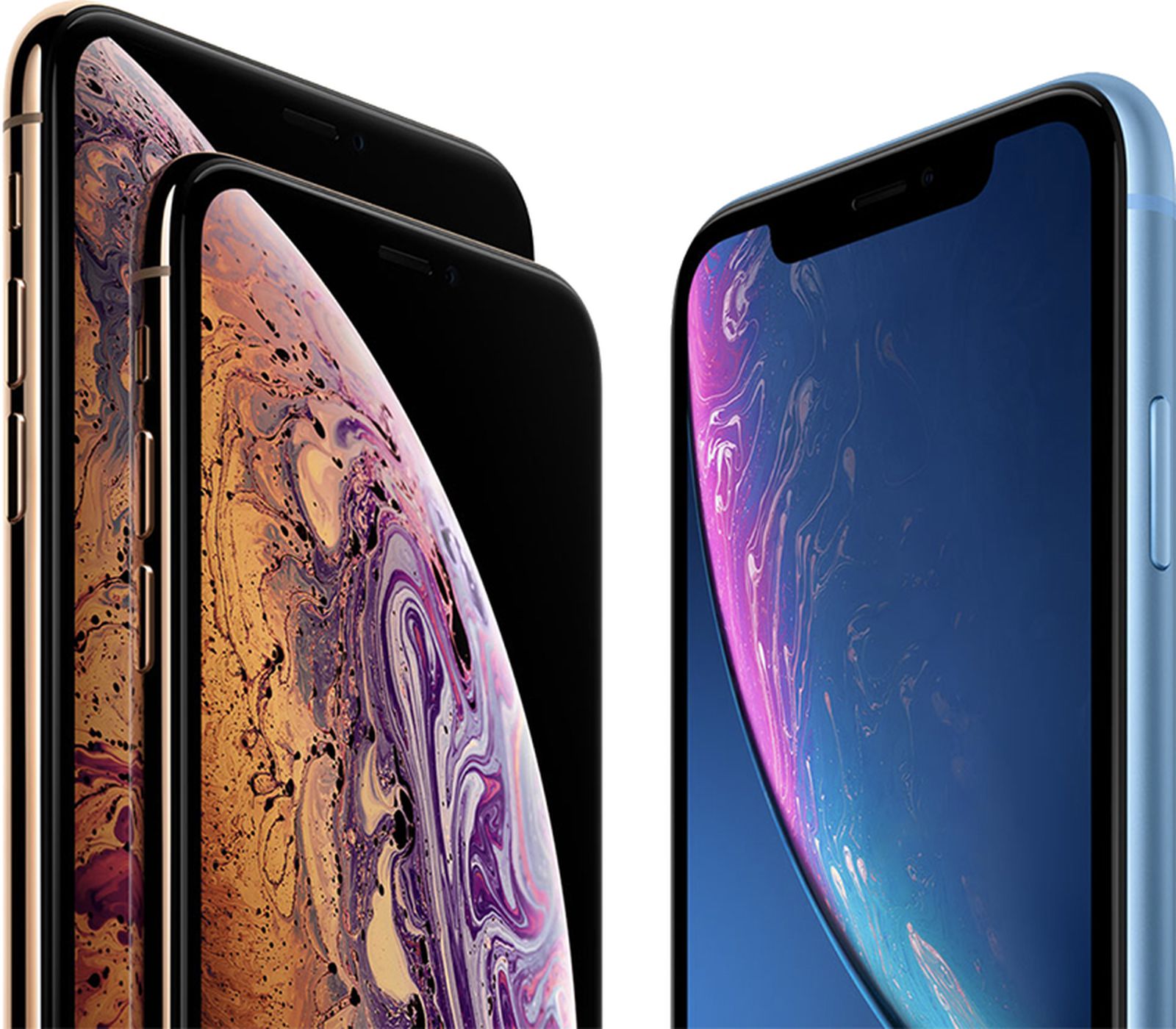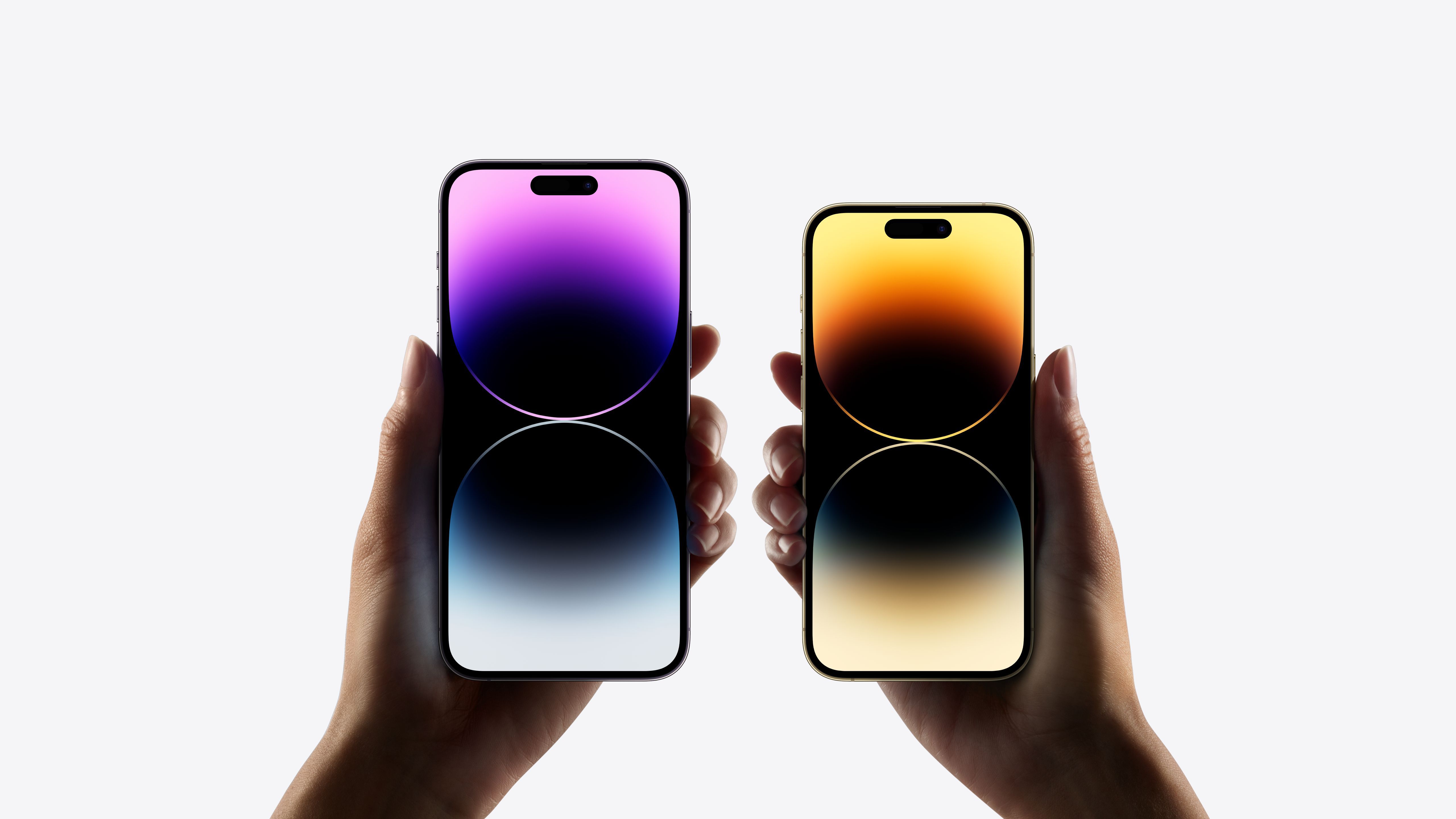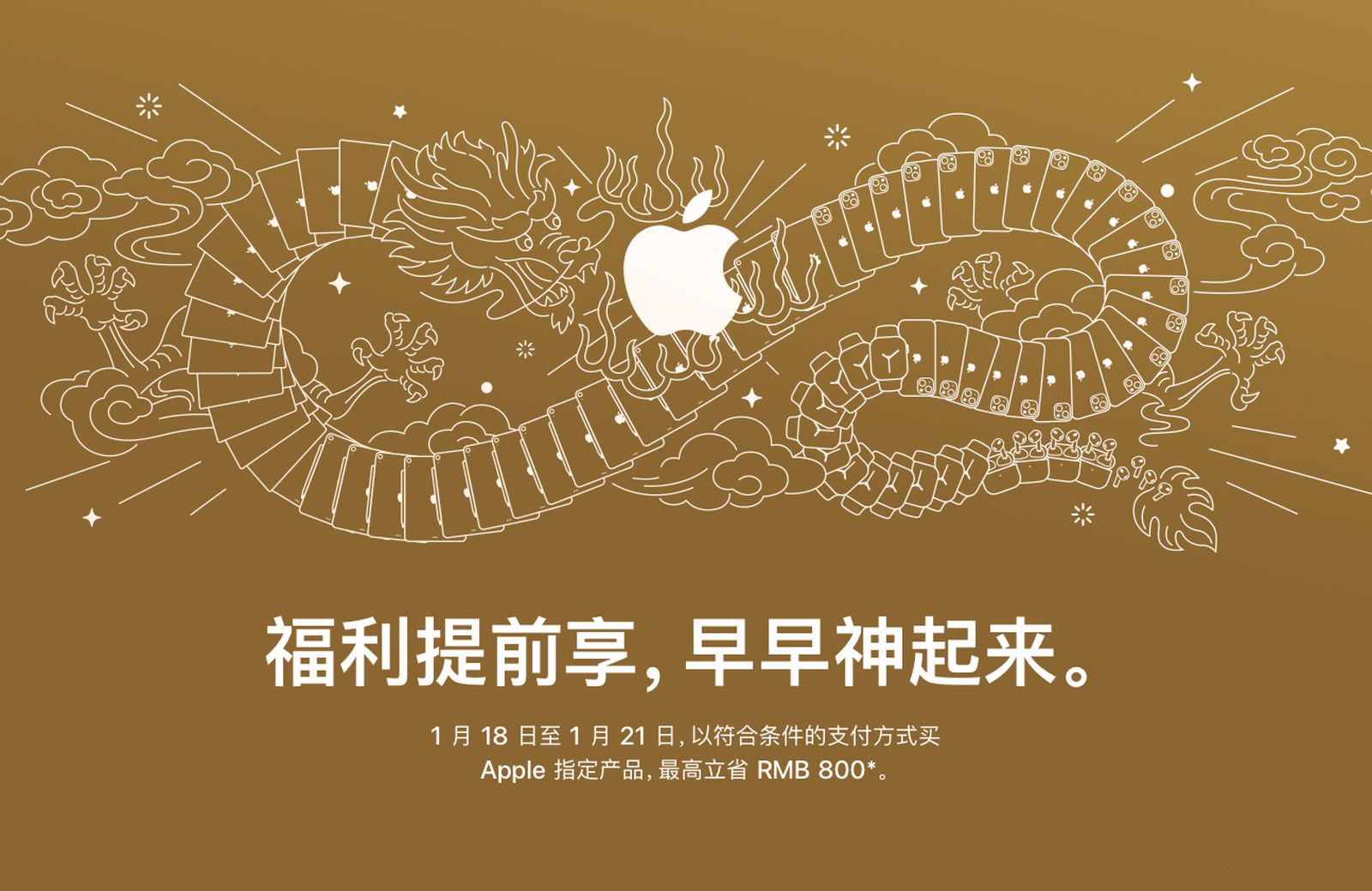
Apple's iPhone 15 lineup sets a new standard in value retention, outperforming its predecessors and leading the pack among 2023 flagship smartphones, a new report finds.
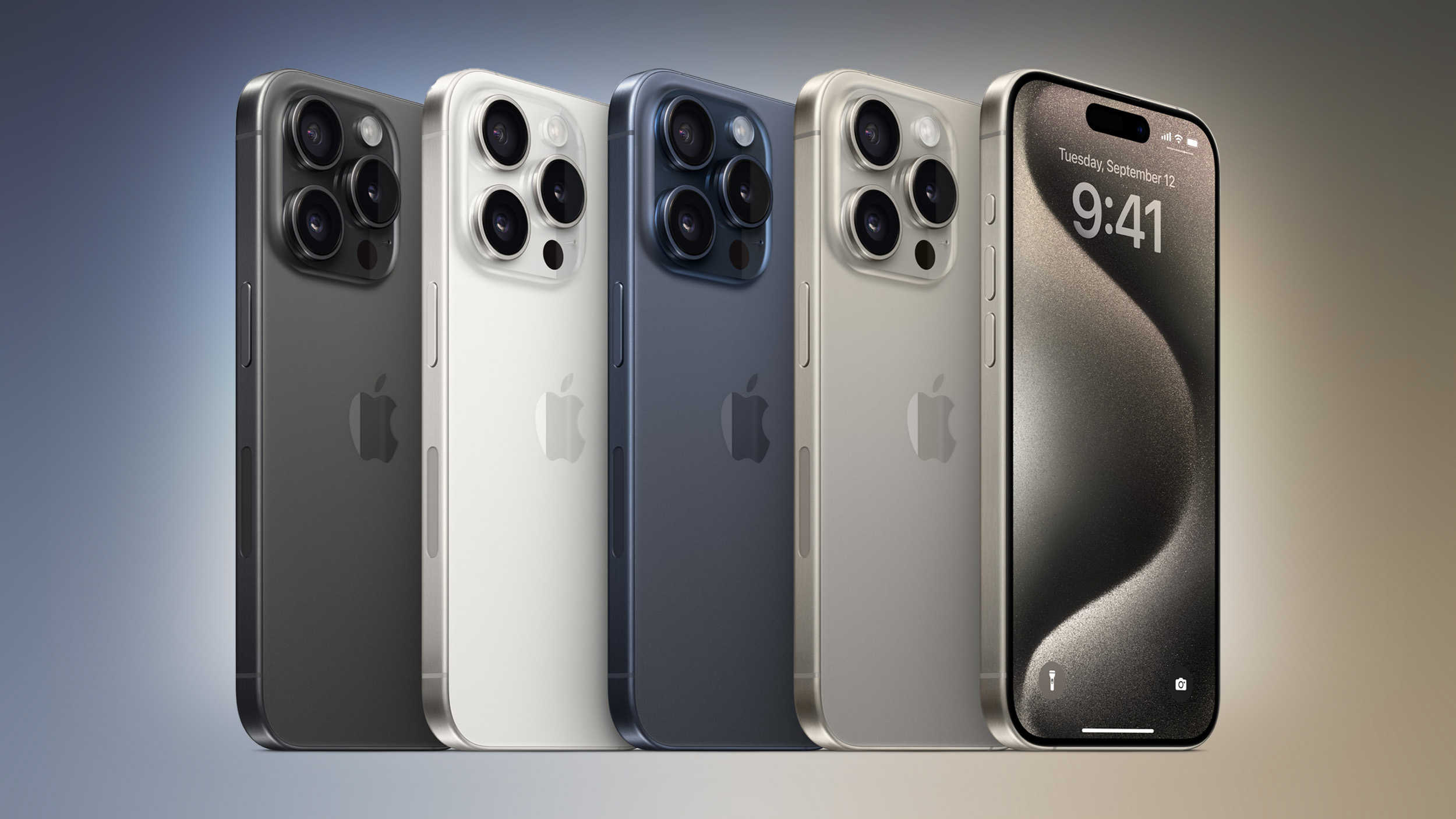
New data from SellCell, an aggregator of buyback prices from over 40 vendors, reveals that the iPhone 15 range, particularly the 256GB Pro Max model, is depreciating at a notably slower rate compared to other flagship models released in 2023, including those from Samsung, Google, and OnePlus.
Since its launch, the iPhone 15 series has shown strong market value resilience. Initially, the range experienced an average depreciation of 28.8% in the first month. Intriguingly, this figure improved to 27.1% in the second month, indicating a regained value before a slight rise to 27.9% in the third month. Currently, the series stands at a depreciation of 27.4%, underscoring a trend of consistent value retention.
In comparison, Samsung's Galaxy S23 series was unable to match Apple's value retention. The S23 range saw a depreciation of 42.4% by the end of the first month, 43.5% in the second, and 44.5% by the third. This sequence highlights a much more significant drop in value than Apple's rival smartphone series, but it does represent a slight improvement over the company's previous S22 lineup.
The OnePlus 11 series demonstrated a depreciation of 51.5% after two months, recovering to 48.5% in the third month. Google's Pixel 8 range struggled more significantly, with the flagship 1TB Pixel 8 Pro model losing 68.1% of its value in the first month and maintaining this level in the subsequent months.
The iPhone 15 range is also noticeably stronger in value retention compared to the iPhone 14. Apple's latest devices are depreciating up to 11% less across all models, averaging a 5% better value retention than the iPhone 14 range in the same post-launch period. Specifically, the 256GB iPhone 15 Plus model shows a remarkable depreciation of only 11.3% less than its iPhone 14 equivalent.
Overall, the data reinforces the longstanding trend of the iPhone being the best smartphone for value retention and there are indications that this may even be improving further generation-over-generation. Buyers continue to be better off buying an Apple device if resale or trade-in is an essential future prospect.
Article Link: Apple Again Leads in Smartphone Resale Value With iPhone 15


